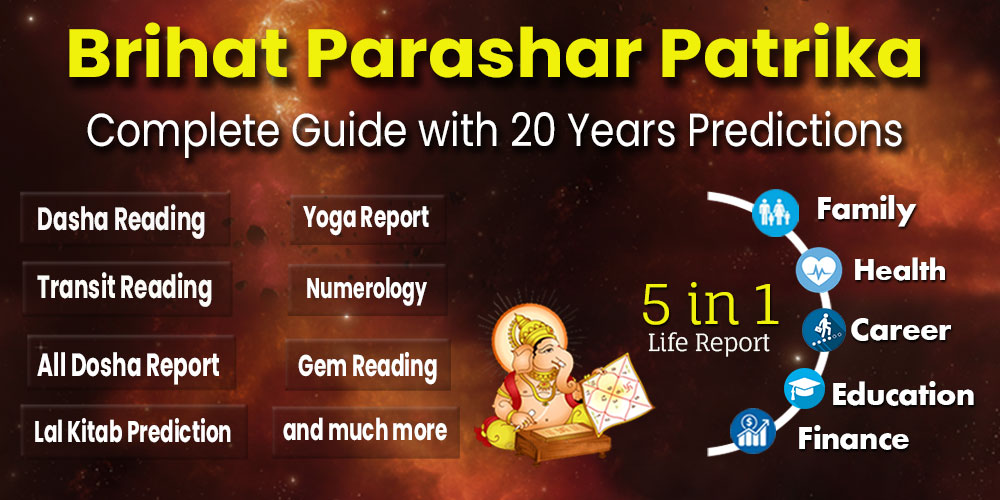History & Significance
Naraka Nivaran Chaturdashi known as Naraka Chaturdashi falls on the second day of the five-day-long festival of Diwali. Naraka Chaturdashi is the day to abolish laziness and evil. It is also known as Kali Chaudas, where Kali means dark (eternal) and Chaudas means fourteenth, which is celebrated on the 14th day of the dark half of Kartik month. On this day Goddess Kali is worshipped and it is believed that on this day She killed the asura (demon) Narakasura along with Lord Krishna.
How to Celebrate Narak Chaturdashi?
People wake up early in the morning, break any bitter fruit and apply the kumkum-oil paste, which is called ’Ubtan’, on their foreheads and then take a bath. The breaking of the fruit represents the head of the demon King, Narakasur and the kumkum-oil paste symbolizes the blood that Lord Krishna smeared on his forehead. In the state of Maharashtra, people take the traditional early baths after applying the paste of gram flour, fragrant powders and oil on their foreheads. At dusk, people start lighting Diyas and candles in and around their house to mark the celebration of “Chhoti Diwali”.
Date and Timings For Naraka Chaturdashi 2024
Narak Chaturdashi: Thursday, October 31, 2024
Abhyang Snan Muhurat: 05:20 AM to 06:32 AM
Duration: 01 Hour 13 Mins
Moonrise at Abhyang Snan: 05:20 AM
Chaturdashi Tithi Begins: On Oct 30, 2024 at 01:15 pm
Chaturdashi Tithi Ends: On Oct 31, 2024 at 03:52 pm
Narak Chaturdashi Vrat
(For pleasing Lord Yamraj)
On this day, lighting lamps can destroy ‘Tamasik’ or inertia promoting energies. The day before Chaudas, fourteenth day of the fortnight, after 12 a.m. the atmosphere starts getting polluted with raja-tama frequencies, because on this day the Universe moves from the Chandra-nadi (or the Moon channel), into the Surya-nadi (or the Sun channel). This helps the Tamasik energies in ’Pataal’ or the underworld.
The sound waves generated from ’Pataal’ are created by heat generated from movement of particles loaded with raja-tama components. To neutralize the effect of these waves, one has to bathe early in the morning, light ghee lamps in earthen pots and ritualistically worship them. The lamps radiate waves of particles charged with the fire element, which helps to destroy the raja-tama laden particles in the environment. Due to this, raja-tama particles present in the cells of Tamasik energies also melt away, which helps to destroy the protective sheath around the Tamasik energies.
Hence, a soul begins afresh to perform any auspicious activity. On this day Tamasik energies get annihilated, in a way amounting to destruction of negative frequencies emanating from the underworld.
On this day special ‘sadhnas’ or spiritual practices are done for the acquisition of beauty and for this reason a fast is observed and this festival is thereby also known as ‘Roop Chaturdashi’. In addition to that it is the special day of worshipping Goddess Kali and that is why it is also called Kali Chaudash.
Most of the people know Narak Chaturdashi as Chhoti Diwali.
Method of Observing Narak Chaturdashi Vrat
This fast is observed to protect ourselves from the tortures of hell. On this day apart from Lord Krishna, Goddess Kali and Lord Yamraj; Goddess Laxmi, Goddess Ganga and Goddess Durga are also worshipped. This is considered an auspicious day for Mantra Siddhi. It is believed that people, who do Abhyang Snan on this day, can avoid going to Narak (Hell). Til (i.e. sesame) oil should be used for Ubtan during Abhyang Snan.
Mantra
- Om Yamaya Namah
- Om Dharmarajaya Namah
- Om Mrityave Namah
- Om Antakaya Namah
- Om Vaivasvataya Namah
- Om Kalaya Namah
- Om Sarvabhutakshayaya Namah
- Om Audumbaraya Namah
- Om Nilaya Namah
- Om Parameshthine Namah
- Om Vrikodaraya Namah
- Om Chitraya Namah
- Om Chitraguptaya Namah
